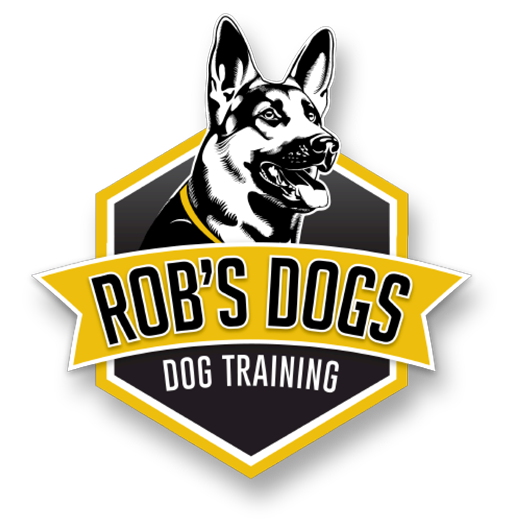Common Owner Mistakes: Why To Leave The Training To Professionals
When you look to a buy a puppy, a new owner might be blinded by cuteness. Between the soft smells, tiny paws, and huge eyes, it’s easy to forget that your new puppy needs plenty of training and discipline, regardless if your puppy comes from a champion bloodline or is a rescue that is a mix of many breeds.
If you’re a new pet owner, here are some of the top training mistakes to watch out for — and how you can benefit from a professional.
Starting Training Too Late
You might think it seems harsh to start disciplining your dog at a young age, but pack animals crave structure and hierarchy. As soon as you bring your new family member home, you’ll need to start training. Otherwise, you might encounter bad habits that your older puppy has a difficult time breaking when you’re finally ready to train them.
Keep in mind that your new puppy isn’t ready to learn advanced actions like “shake” or “roll over.” After all, a new puppy needs to sleep for up to 20 hours a day. You should start training them with basic commands immediately, including simple tasks such as “sit” and “stay.” Not only will this help you forge a better relationship with your pup, but it will prime your canine companion to respond to your commands down the line.
You’re Not Consistent
Consistency is the key when it comes to raising a well-mannered dog. Unfortunately, it is common for a new pet owner to feel tired after work or frustrated when their dog doesn’t listen to their commands. There are a variety of factors that might influence your training consistency, but it’s vital that you spend a bit of time each day training your dog to get the best, most uniform results.
Consistency pertains to your training frequency, but it also includes the way in which you conduct the training. Always use the same hand motions and phrasing to ensure the commands stick in your dog’s memory. Reputable breeders will often start training before your new furry family member comes home with you, so be sure to ask if there are specific commands and actions they used. Continuing those same commands will make the transition smooth and less confusing for your new puppy.
You’re Too Harsh
Training a puppy takes time and energy, two things a hard-working professional might not have time for. At the end of the day, it’s easy to get frustrated with your dog and punish them instead of performing the necessary discipline. If you’re ever tempted to yell or lay a hand on your puppy, they will grow fearful of you, not obedient.
If you are encountering any of these issues during your training, or if you just want to do it right from the start, consider hiring a professional dog trainer. Consulting an expert from the onset will help you understand how to facilitate training a well-mannered companion, but it will also wet your dog up for success.
At Rob’s Dogs, LLC, we are known for our expertise in house training, socializing your puppy with other dogs and people, leash training, and advanced commands. We know that raising a dog can be hard; allow us to give you the best results.
Dogs are social animals that look up to humans for guidance and behavior expectations. As the owner, you have a role to play in determining how your dog behaves. Training your dog is the only way you can instill wanted behavior in your pet and ensure that your relationship is not compromised by bad behavior.
Some dog behaviors are annoying: begging for food, urinating on the carpet, and sitting on the furniture. While they may be bothersome and justify dog training, they do not necessarily pose a danger to the dog or to the owner.
Dog obedience training can be conducted in a group setting or one-on-one. Group classes usually include one trainer for up to ten dogs, including your dog. Private dog obedience training classes, on the other hand, are conducted with just one dog.
Like people, every dog has a unique personality. What that also means is that they likely also have a unique set of hang-ups. Just because dog personalities are unique does not mean that their behaviors cannot be corrected.
